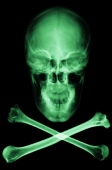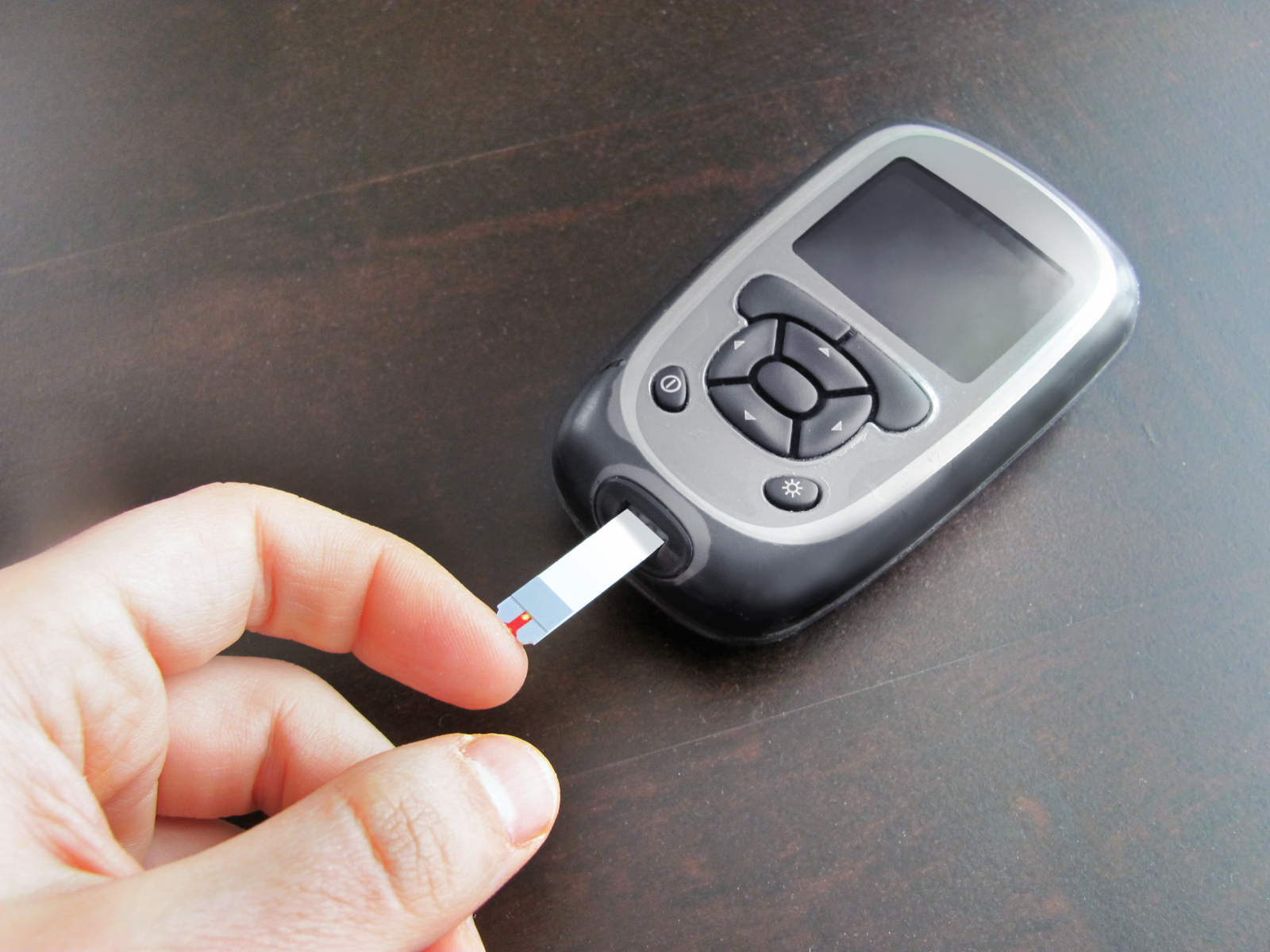
FRIDAY, June 12, 2015 (HealthDay News) — The wet spring in many parts of the United States has led to mold and mildew in some homes, leading people to get out the bleach.
As a result, calls about bleach exposure are on the rise this summer, the Nebraska Regional Poison Center says.
Household bleach can cause problems if it gets in the eyes or is swallowed. Also, bleach should never be used with other cleaning products. When bleach comes into contact with other cleaners that contain acids or ammonia, a dangerous gas can form.
Summer also brings an increase in calls about insect bites and stings, and barbecue-related toxins, the poison center said in a news release.
If someone is stung, watch closely for signs of an allergic reaction, especially within the first hour, the poison center said.
Many people use DEET-containing insect repellents. These products should be applied sparingly to skin and clothing. Products with concentrations of less than 10 percent DEET are just as effective as those with higher concentrations, the poison experts noted.
Summer means children spend more time outside, increasing the chances of exposure to poisons such as gasoline, kerosene, lighter fluids and torch fuels. Be sure to store these and other dangerous products out of children’s reach.
The risk of food poisoning also increases in summer as people get together for barbecues and picnics. Meats should be cooked to 160 degrees to ensure bacteria are destroyed. It’s best to use a food thermometer rather than trying to determine if meat is fully cooked by looking at it, the poison center said.
It’s also important to keep hot foods hot and cold foods cold.
By programming 1-800-222-1222 into your phone, you can reach a poison center from anywhere in the United States.
More information
The National Safety Council has more about poisoning prevention.
Copyright © 2026 HealthDay. All rights reserved.

